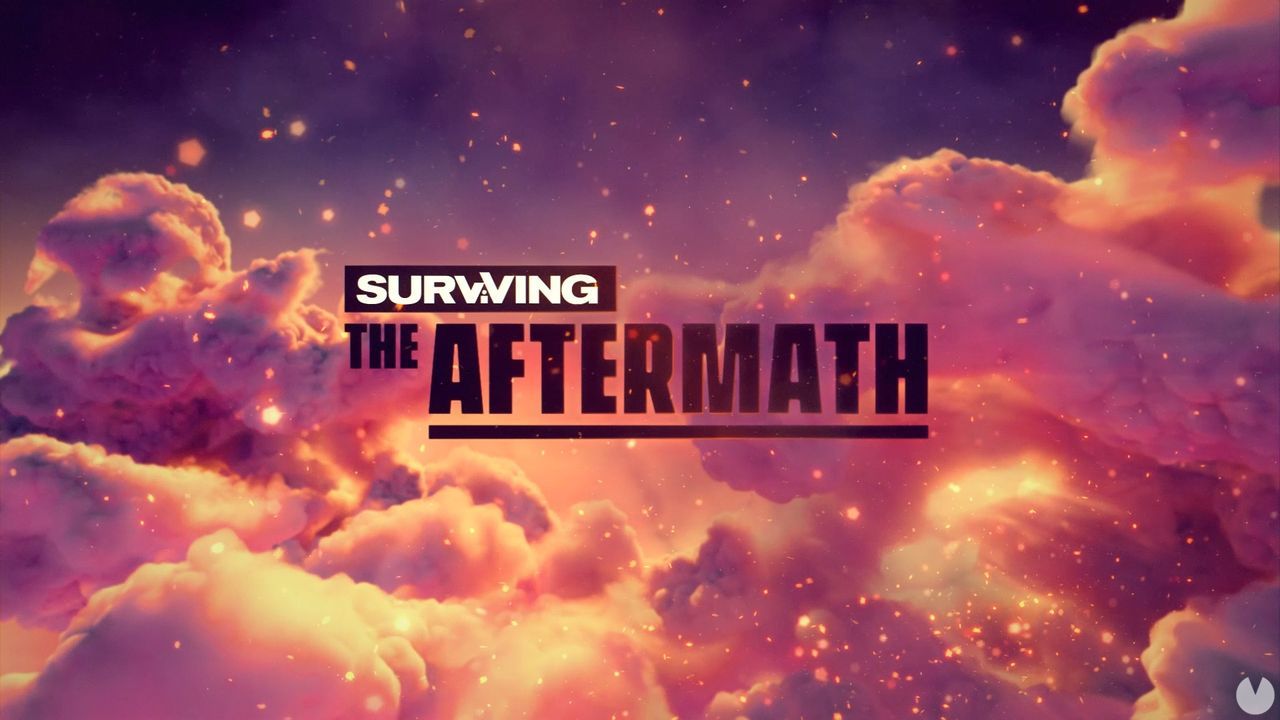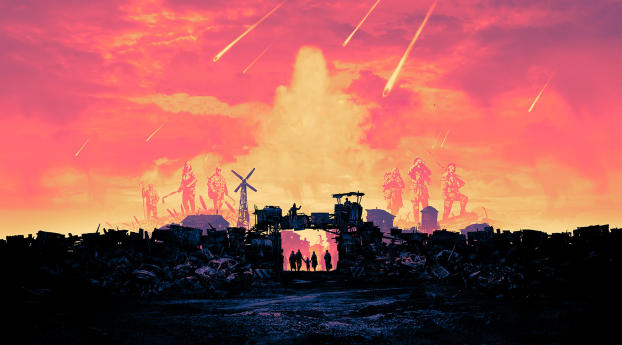
There is cleanliness to consider, sleep quality, access to entertainment, and you can bet that there will be internal conflict among these dirty cretins. Inside the settlement walls, you’ll find that keeping your citizens happy isn’t as easy as just providing food and water. There is also a chance that new survivors knocking at your front gate could be secretly hostile, and you’ll need to deal with that by building a gunsmith, arming your citizens, and creating guard towers. Imagine it as gathering together a specialized team to do all the important stuff.Īs for combat, there admittedly isn’t much to it, but the conflict is mainly there in the form of a numbers game on the world map (your specialist’s attack power vs. Later in the game, you’ll discover that these vehicles are invaluable for those times when you need to get to the other side of the map for that one item that your town deperately needs. These vehicles all have their own benefits, with some able to carry more Specialists and some that have more action points (i.e. You also have the ability later to build a garage to repair vehicles that you find.

Since these Specialists can be controlled in a turn-based environment on the world map, they have action points that can be used to move around and loot ruins. Iceflake says that there are currently 46 unique Specialists to collect in the game that all have their own strengths and weaknesses. Ask me how I know!Īs you begin to welcome more stray survivors into your camp, you also have a chance to gain more of these Specialists. I highly advise doing this early because it’s no fun watching helpless worker after worker die to a swarm of mutated rats.

The Specialists are also the strongarms of your town, available to send out to clear the baddies hiding in the shadows of where you’d like to build that next structure. You start the game off with one Specialist, your leader, whom you can send out to the world map to scavenge for materials, explore and open more of the map, or conquer raider settlements. Since exploration is a whole thing unto itself, let’s talk about that for a second.Įxploration is done on a world map by special controllable characters called Specialists. To help your town advance, you have a tech tree and science points that will help you develop certain aspects, from your food skills, the town’s production, its infrastructure, or map exploration. There’s certainly no shortage of things to do in this game. And before long, you’ll find yourself checking up on every little aspect of your village to make sure it’s all running as smoothly as possible. Do you want to build a power infrastructure to run an electric sawmill, or are you perfectly content doing it all by hand and off-grid? Should you invest in solar or wind power? These are the types of choices that shape your early settlement into its real potential.

Just how severe was the global catastrophe? How accessible are resources? Is the environment still habitable or will it take a good bit of work to support life again? This is how you choose your starting point.įrom there, you do start off like any other city-building game by setting up housing, assigning your grunts to their material scavenging tasks, etc, but you’ll quickly find that the scale of interaction multiplies as you bring in more factors. You start off the game by choosing a difficulty - not with a slider or 1 through 10 scale, but with descriptions of scenarios. The game is still in early access with regular updates, but what we have now is stable, relatively well-balanced, and fun. Surviving the Aftermath is one of those games that might easily be written off as a re-skin of other city-building games like Banished or even its spiritual predecessor, Surviving Mars, but I feel like Iceflake Studios threw in quite a bit of extra candy for us hardcore post-apocalyptic fanatics to make it worthy on its own merit.

I do it with my cars and costumes, I do it in my everyday life, and I appreciate it in my games. One of my favorite aspects of a theoretical and fantastical apocalypse is the idea of scavenging to survive.


 0 kommentar(er)
0 kommentar(er)
